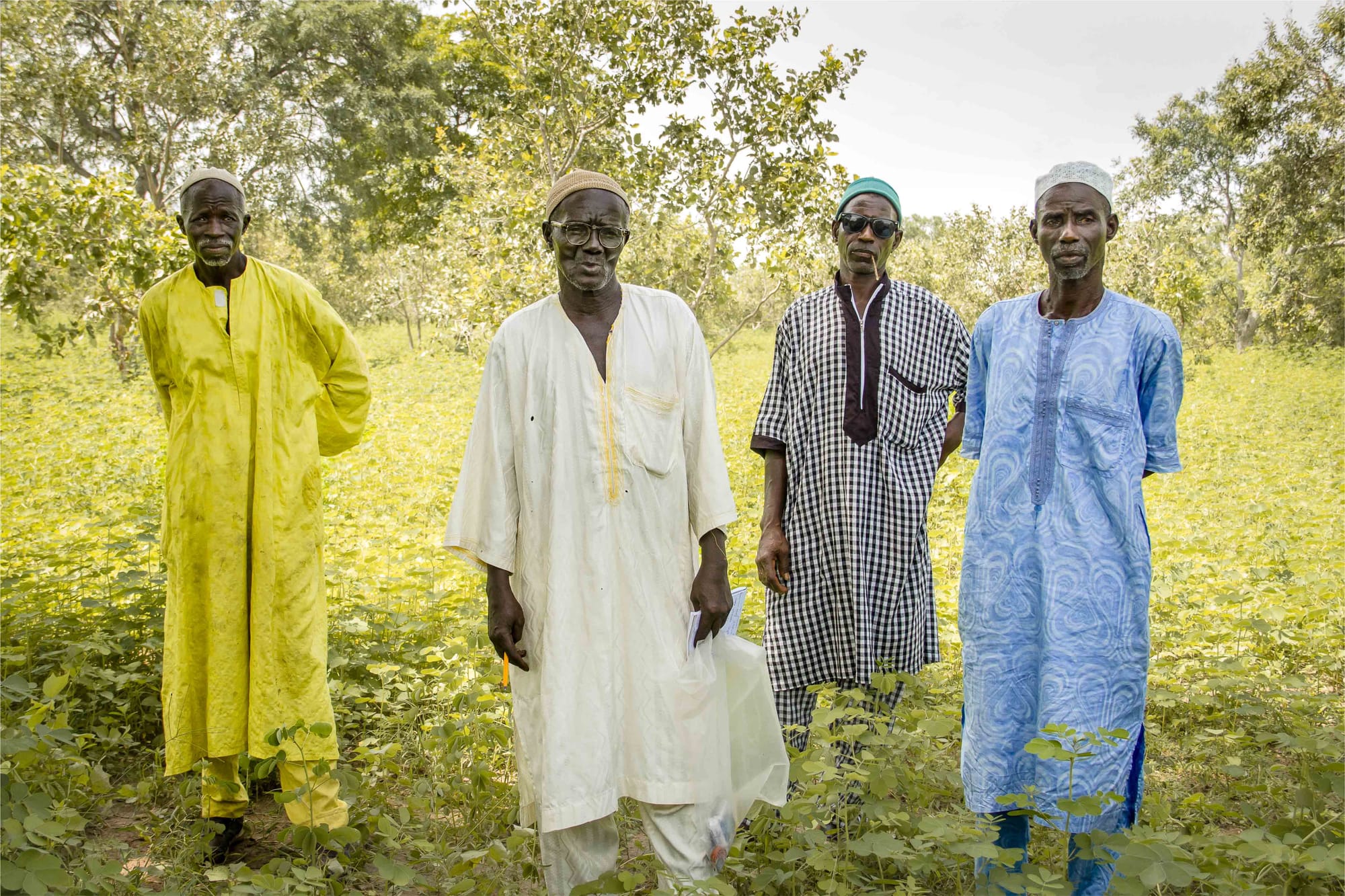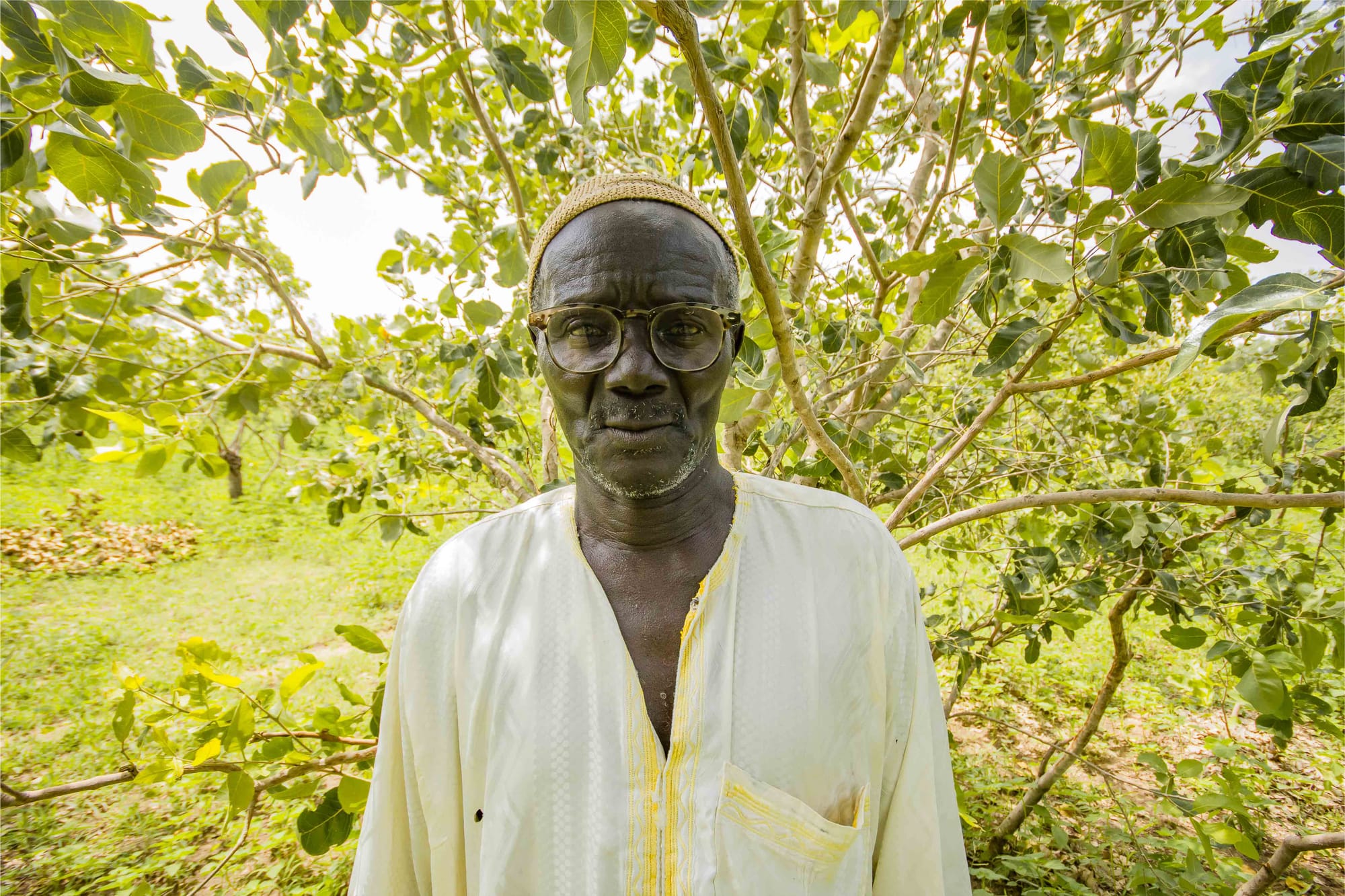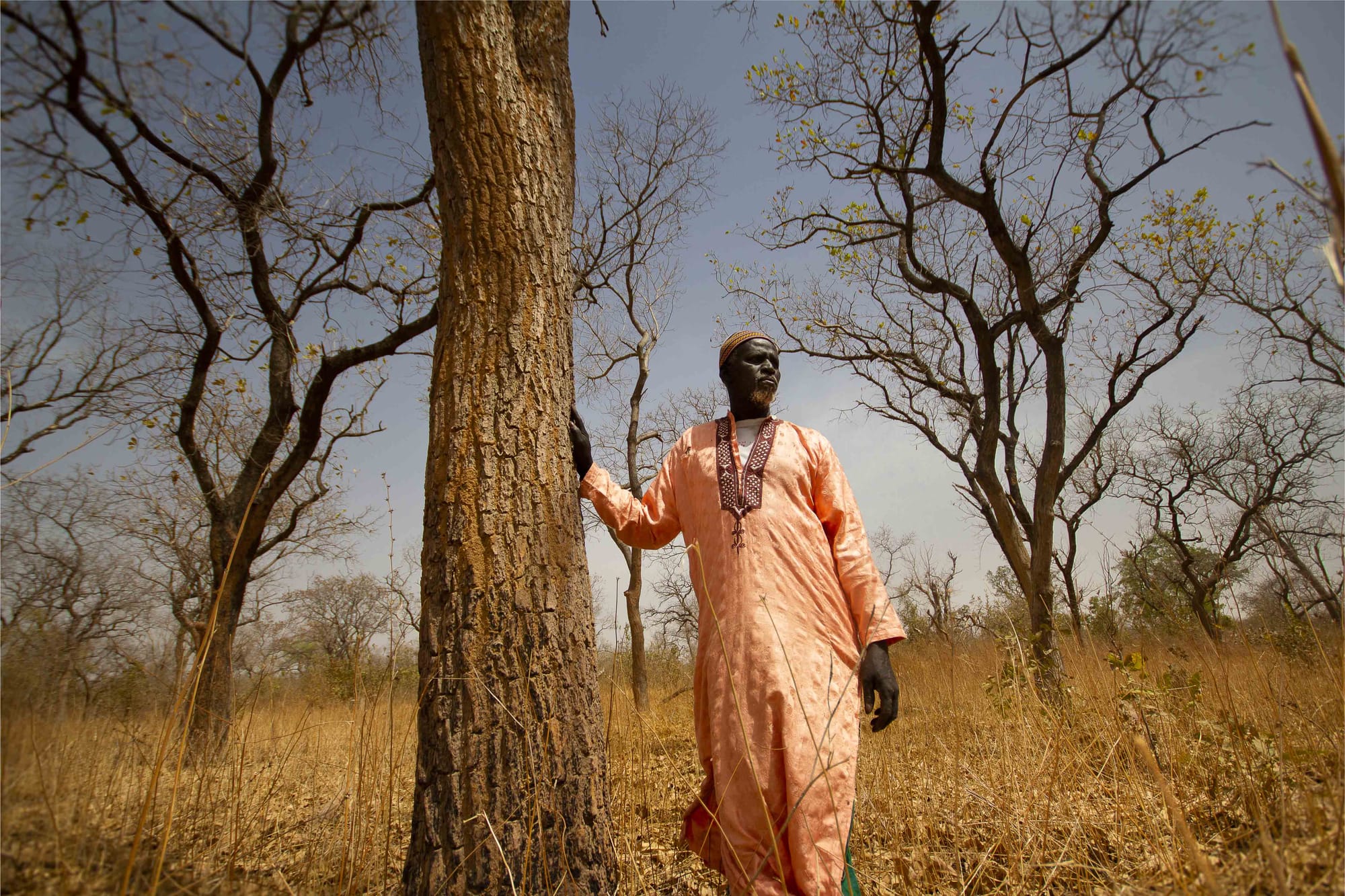The forest up in smoke
Forests and savanna woodlands in Africa have declined significantly under the combined effects of anthropogenic and climate factors. Despite a political will to protect trees, they are disappearing at an alarming rate.
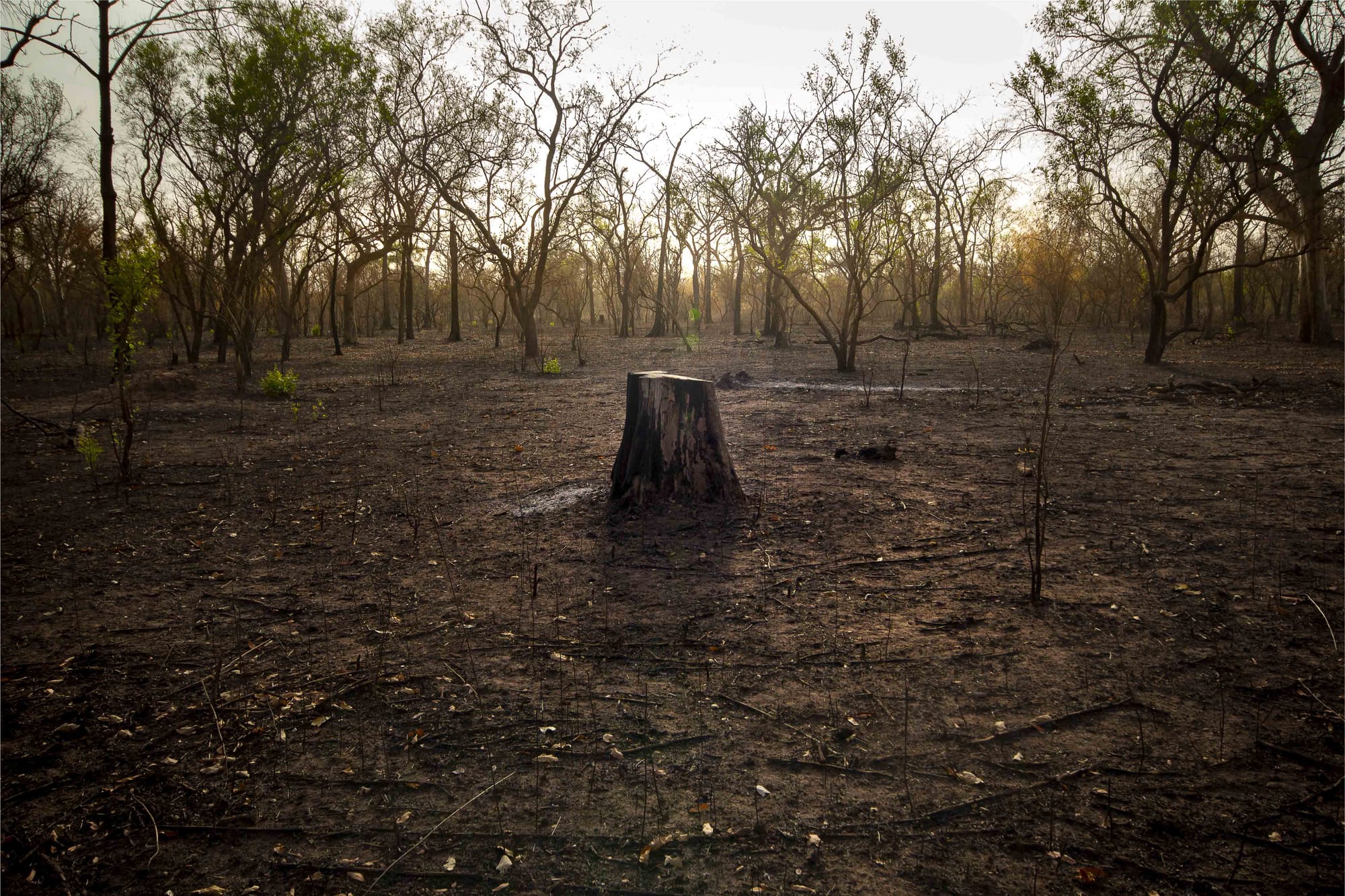
Allies that provide welcome shade
Since the early 20th century, African people have seen major changes in their lifestyles, but have maintained a special relationship with their trees.
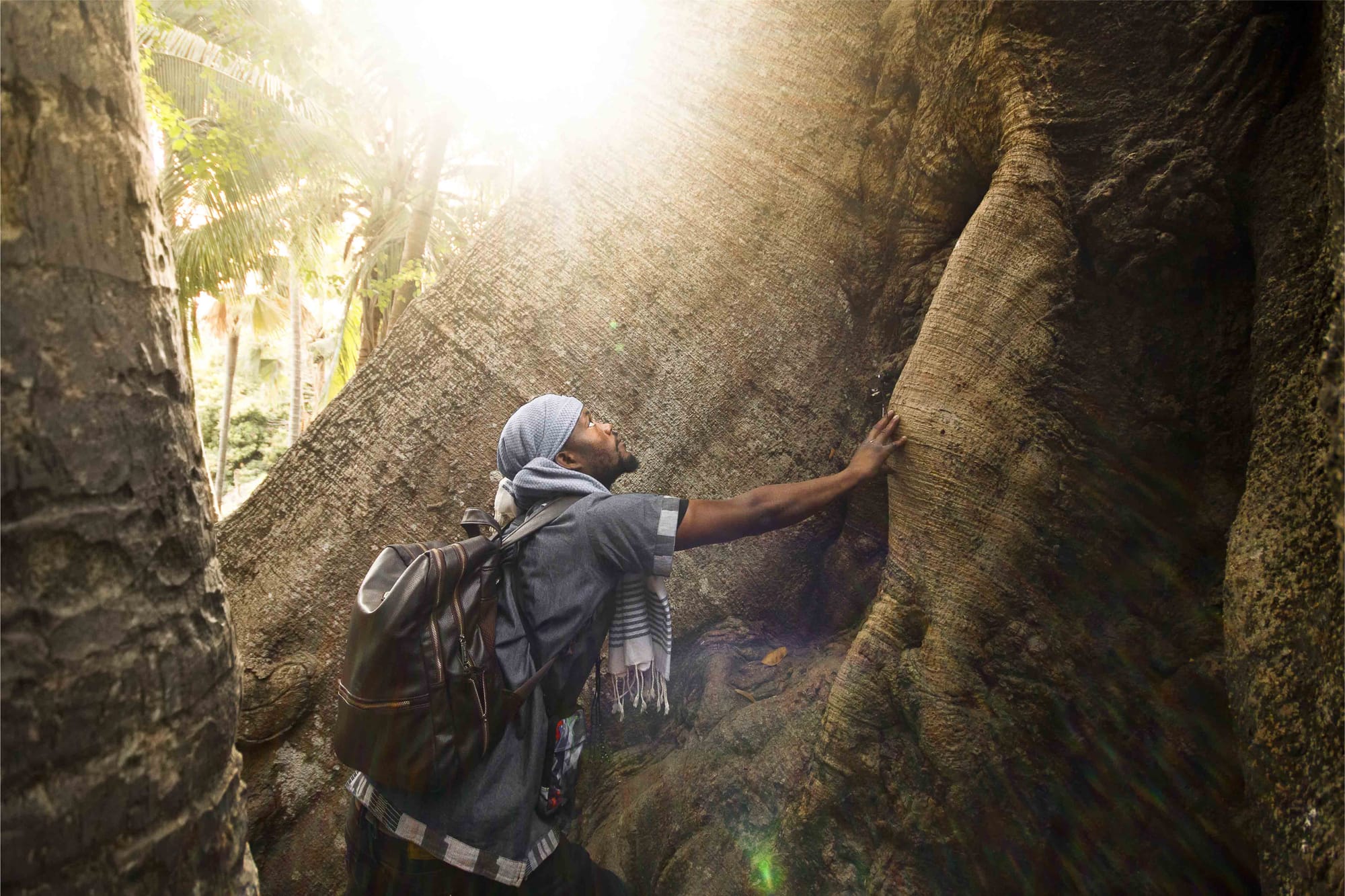
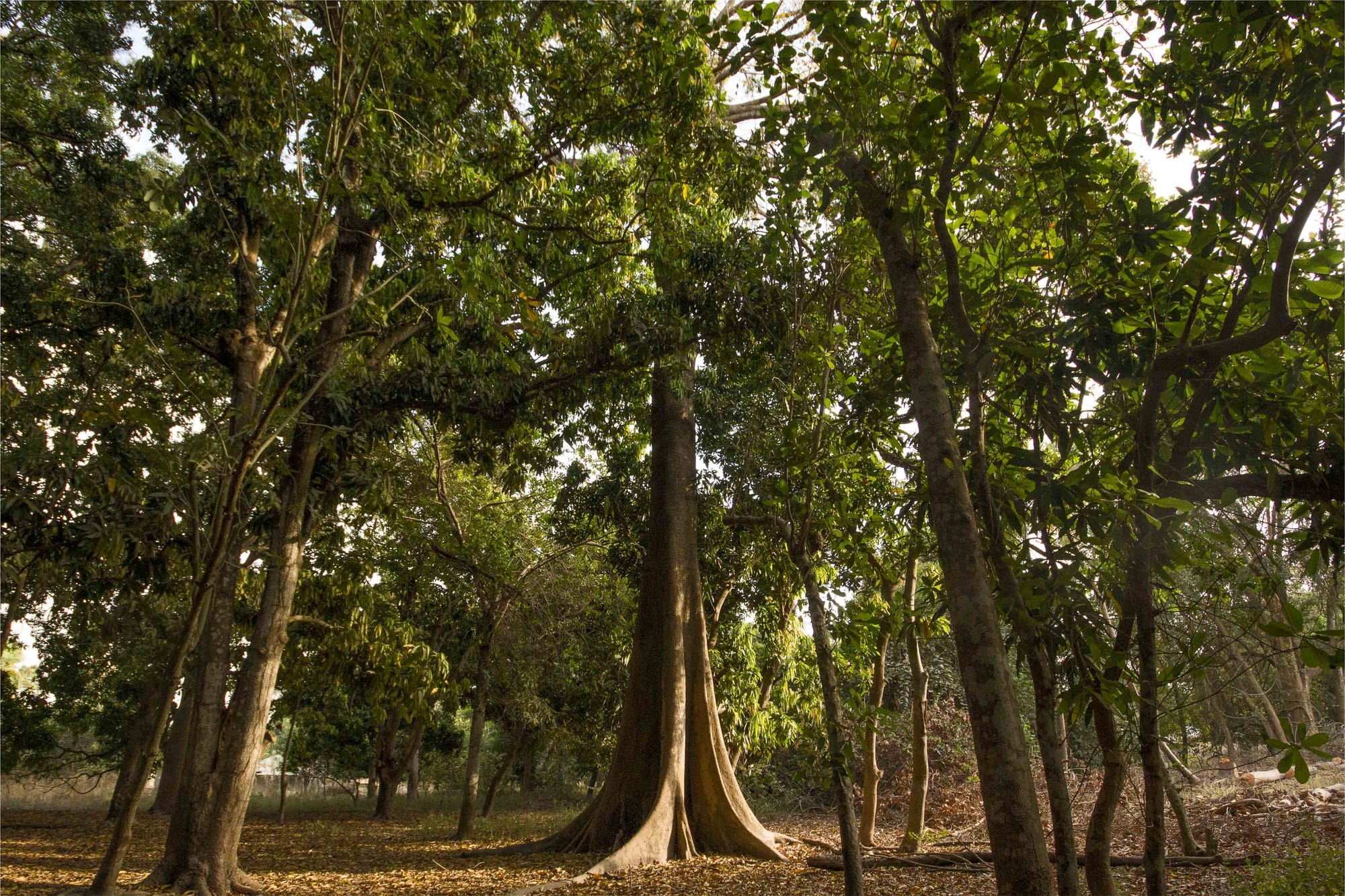
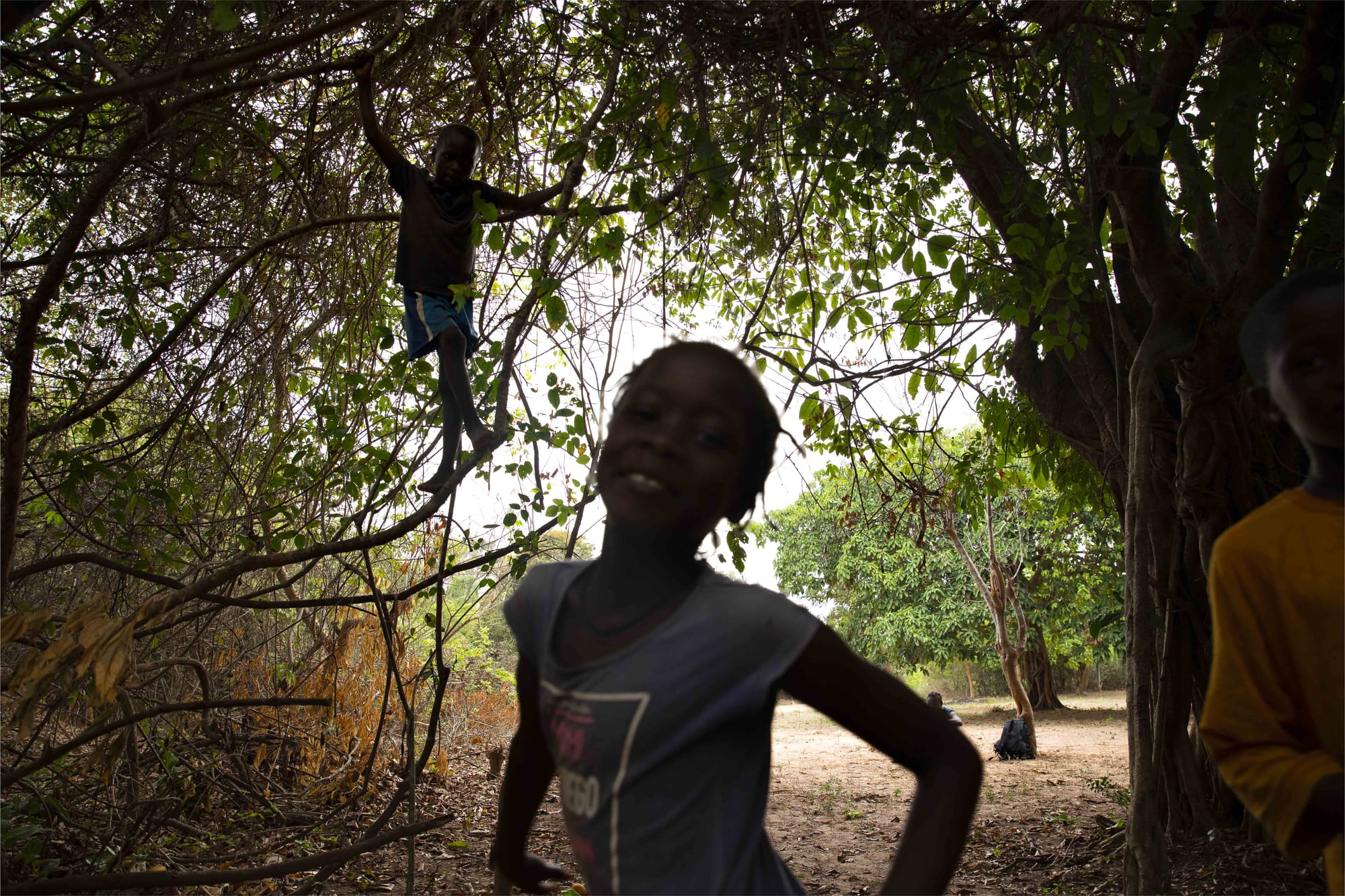
Edible forests
Rural African populations rely heavily on forest resources for their everyday lives: fodder, wood, roots, bark and forest fruits such as madd, mango, cashew, shea and jujube. This reliance is exacerbated by poverty. Photos show the harvesting of madd, mango and toll in Casamance (Southern Senegal).
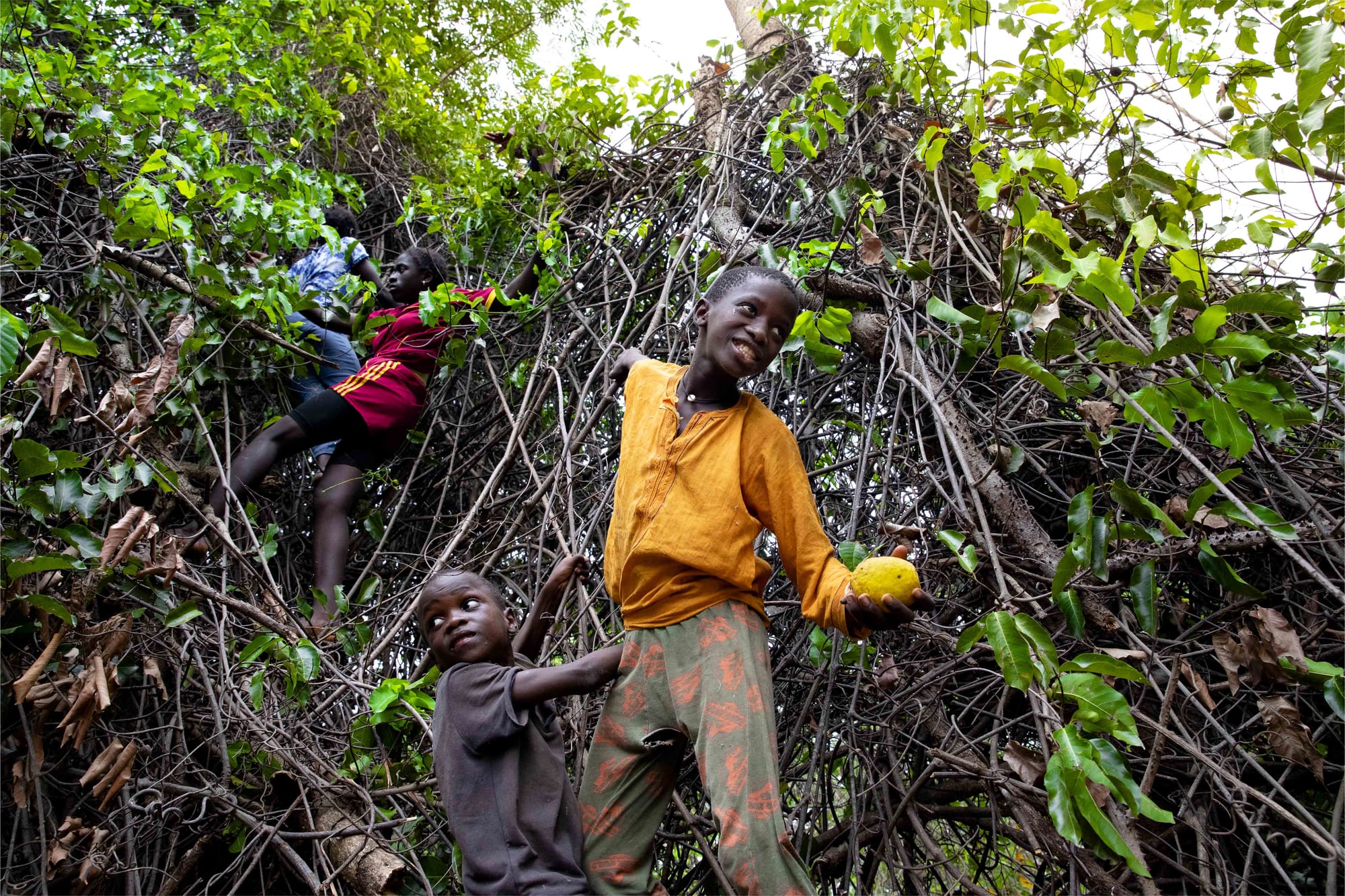
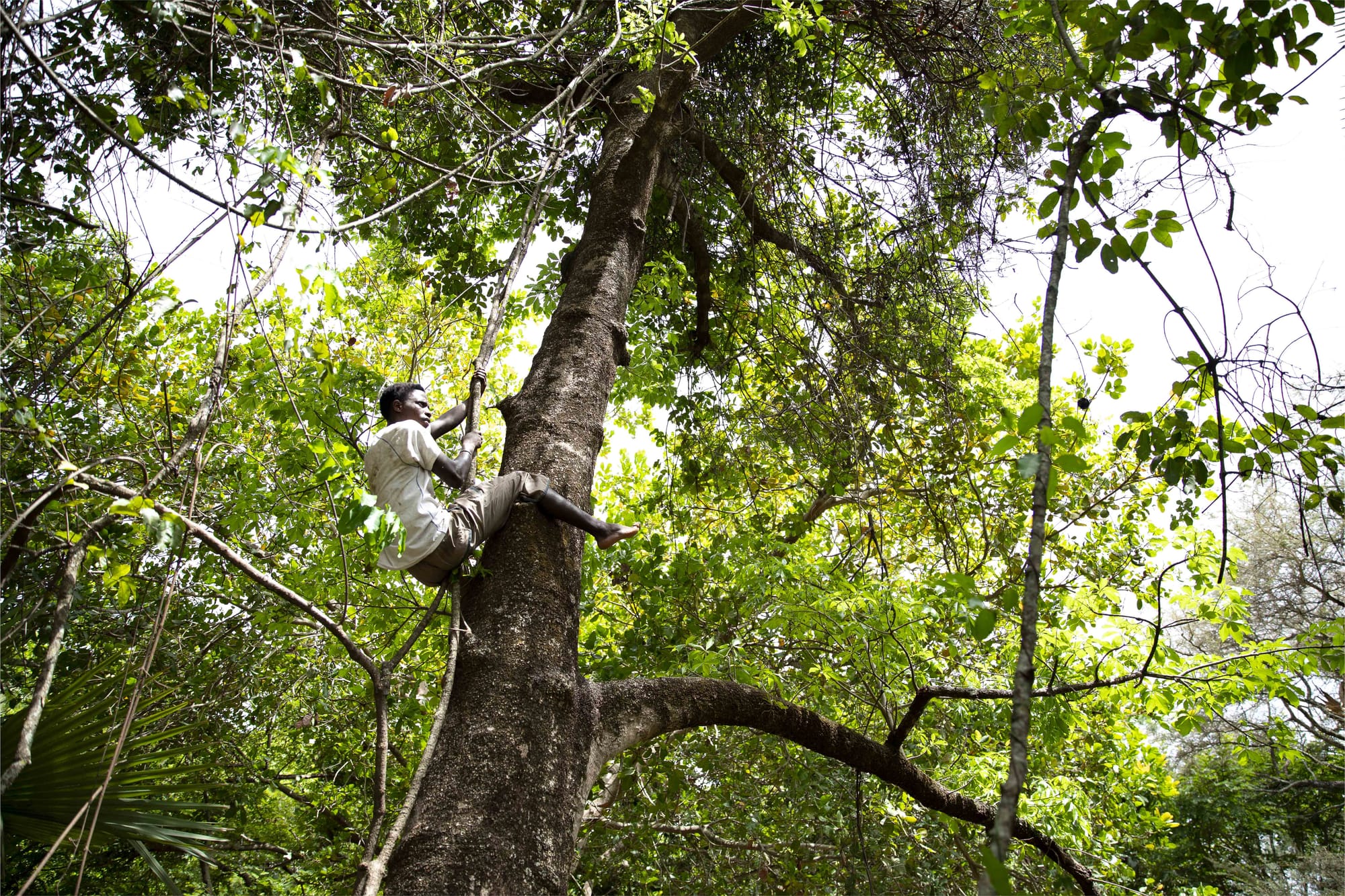
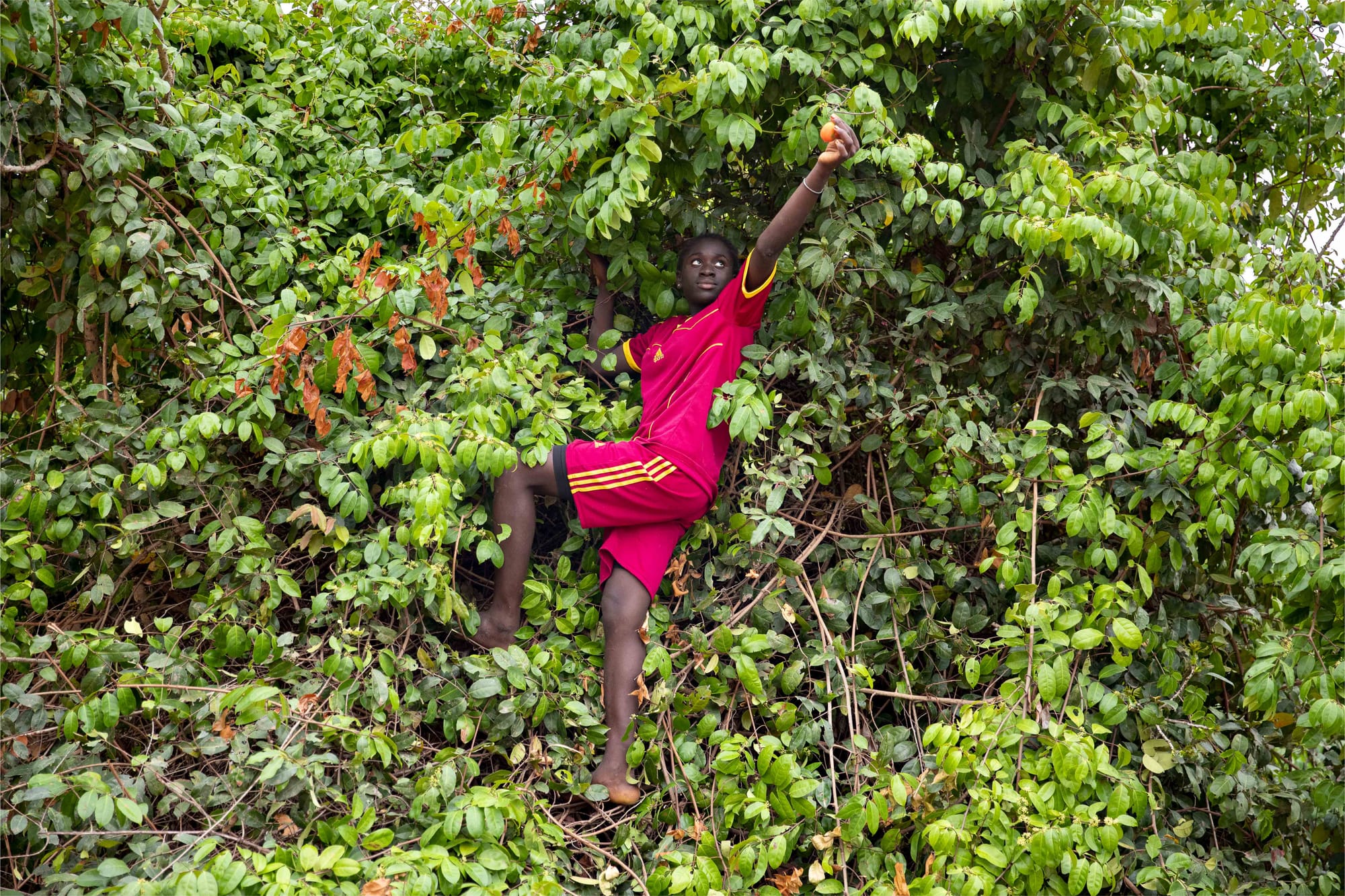
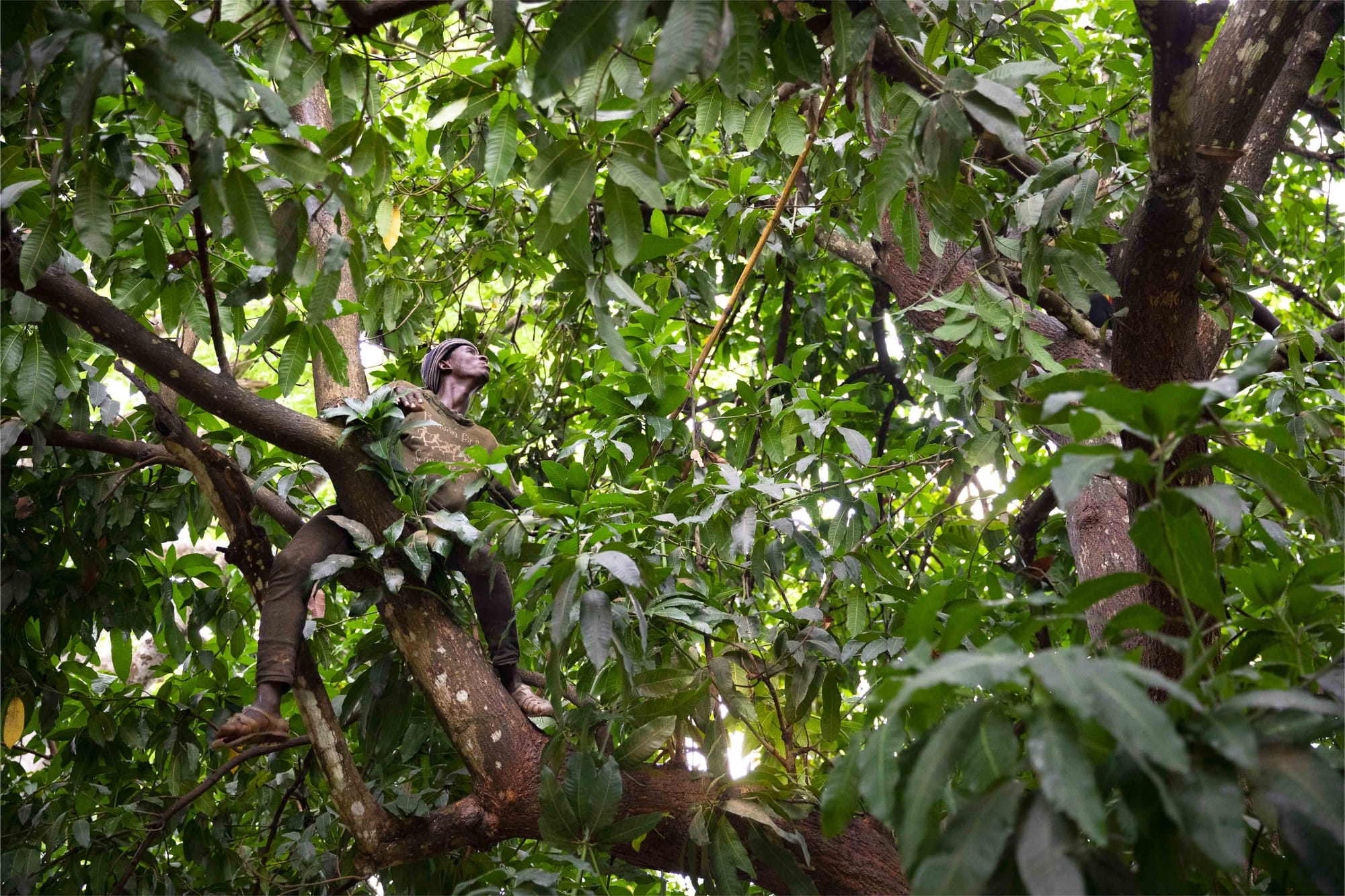
Declining forests
Between 1990 and 2015, the forest area in Senegal declined from 9.3 to 8.2 million hectares, with an average annual loss of 40 000 hectares. One of the major causes of deforestation is land pressure which leads people to clear land to open up new cultivated or pasture land. The photos below show agricultural and livestock activities in front-pioneer areas of Medina Yoro Foulla, Eastern Senegal.
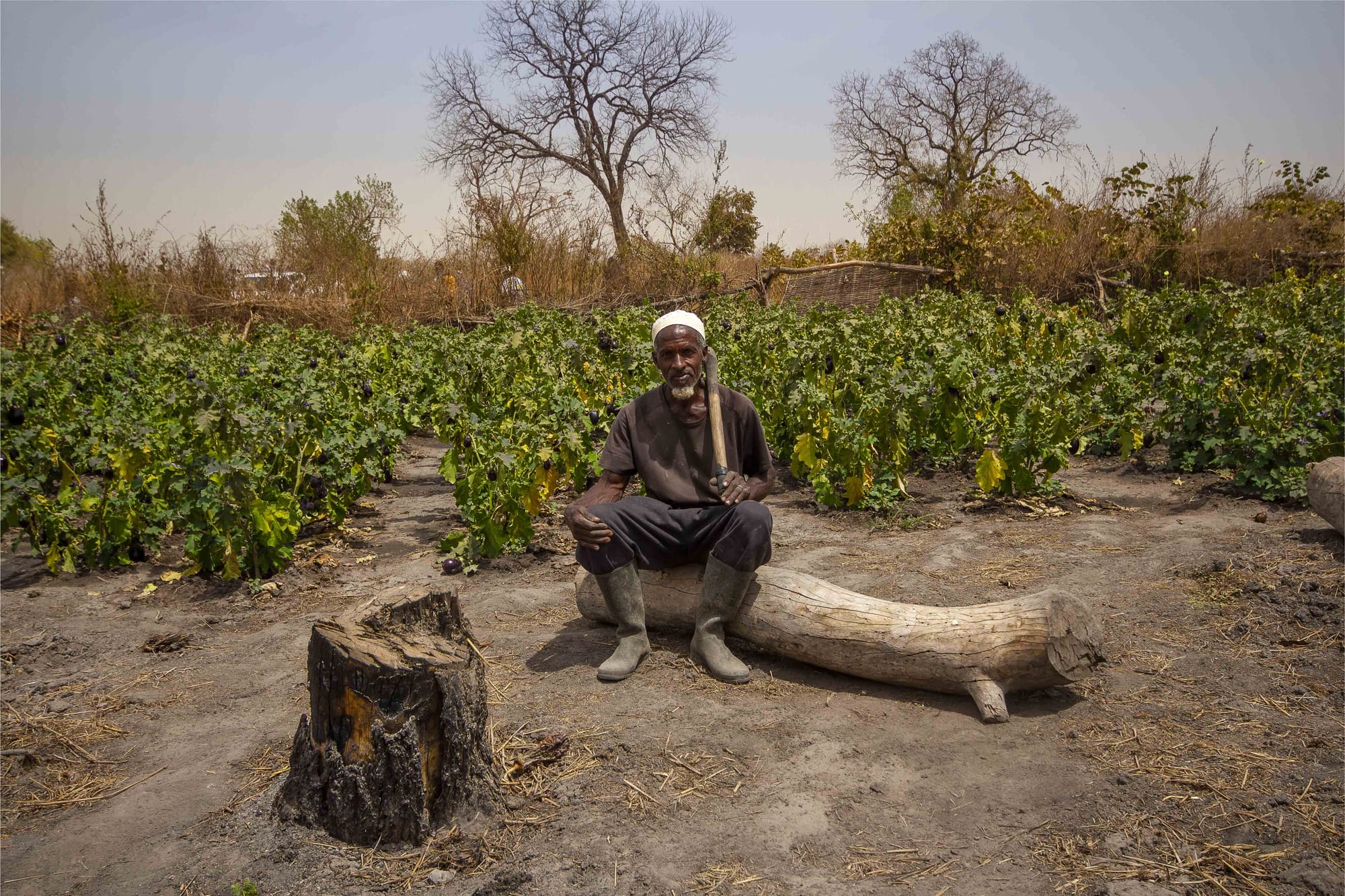
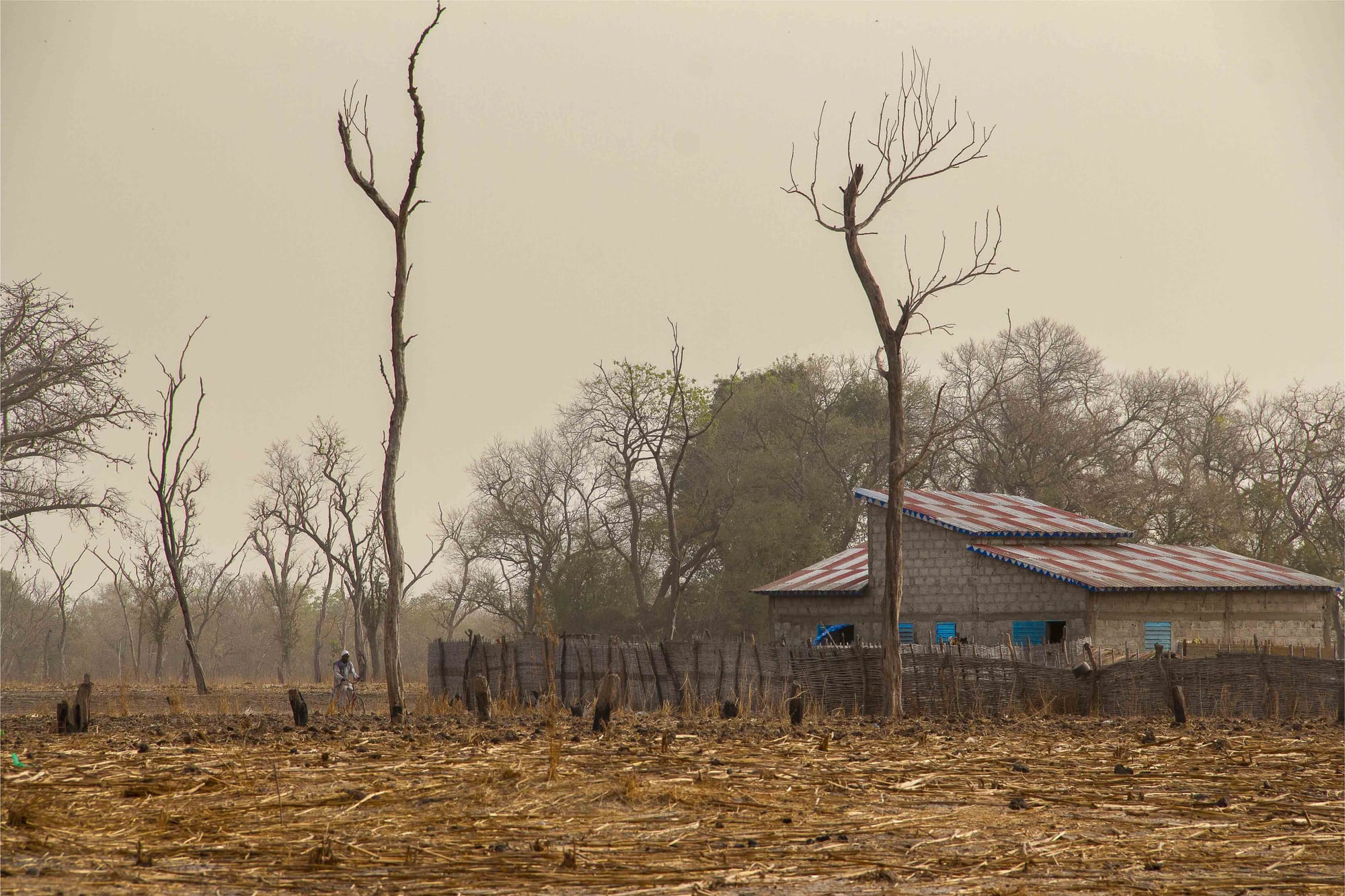
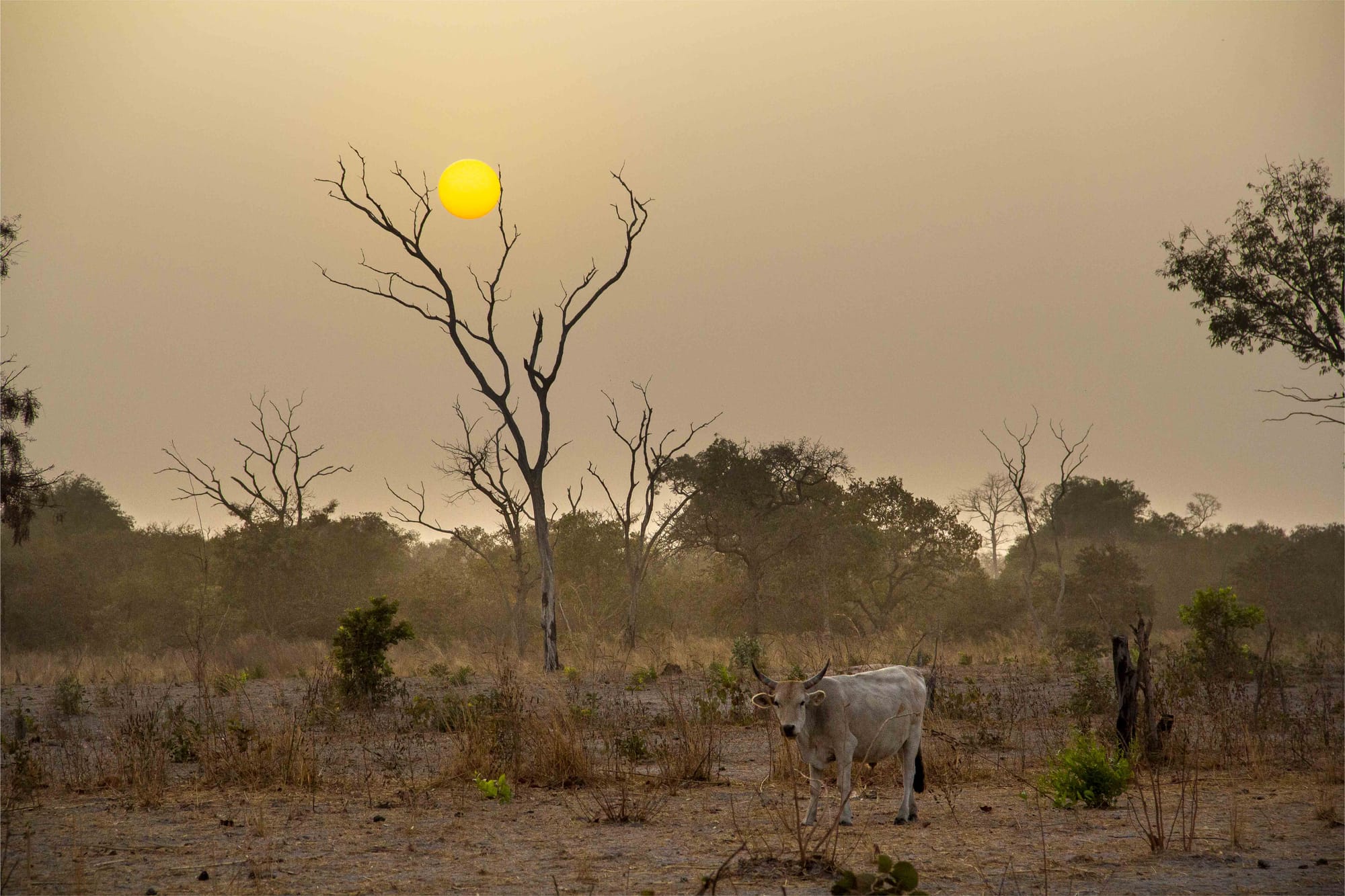
Illegal bushcamp
Pictures below show workers in an illegal logging and charcoal camp in Ndoga Babacar (oriental Senegal). These young men from the Guinée Forestière region live with their families in precarious conditions. In 2019, the mayor of the commune of Ngoga organized a press conference in one of these camps in order to sensitize the decision-makers and the public opinion.
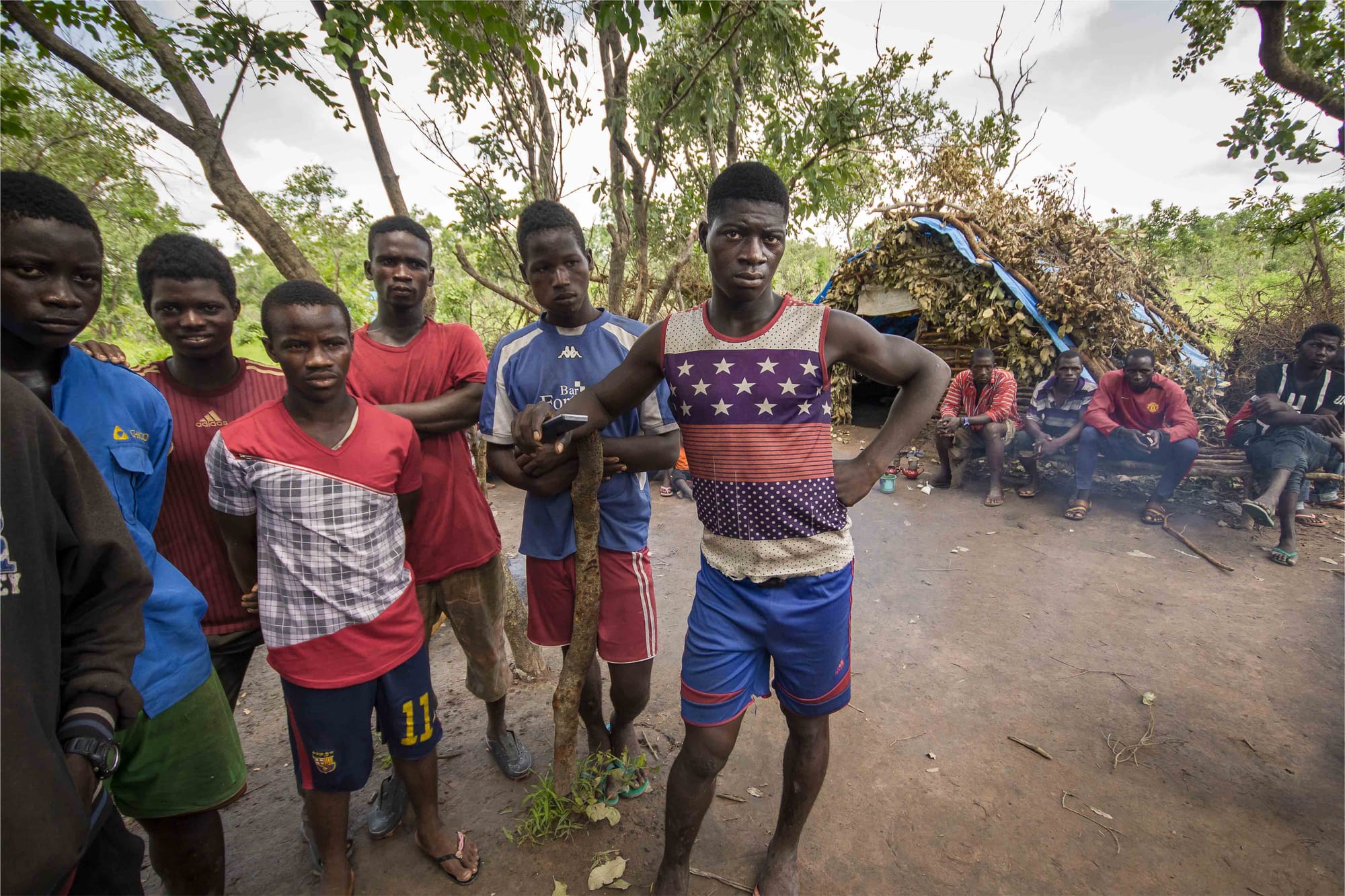
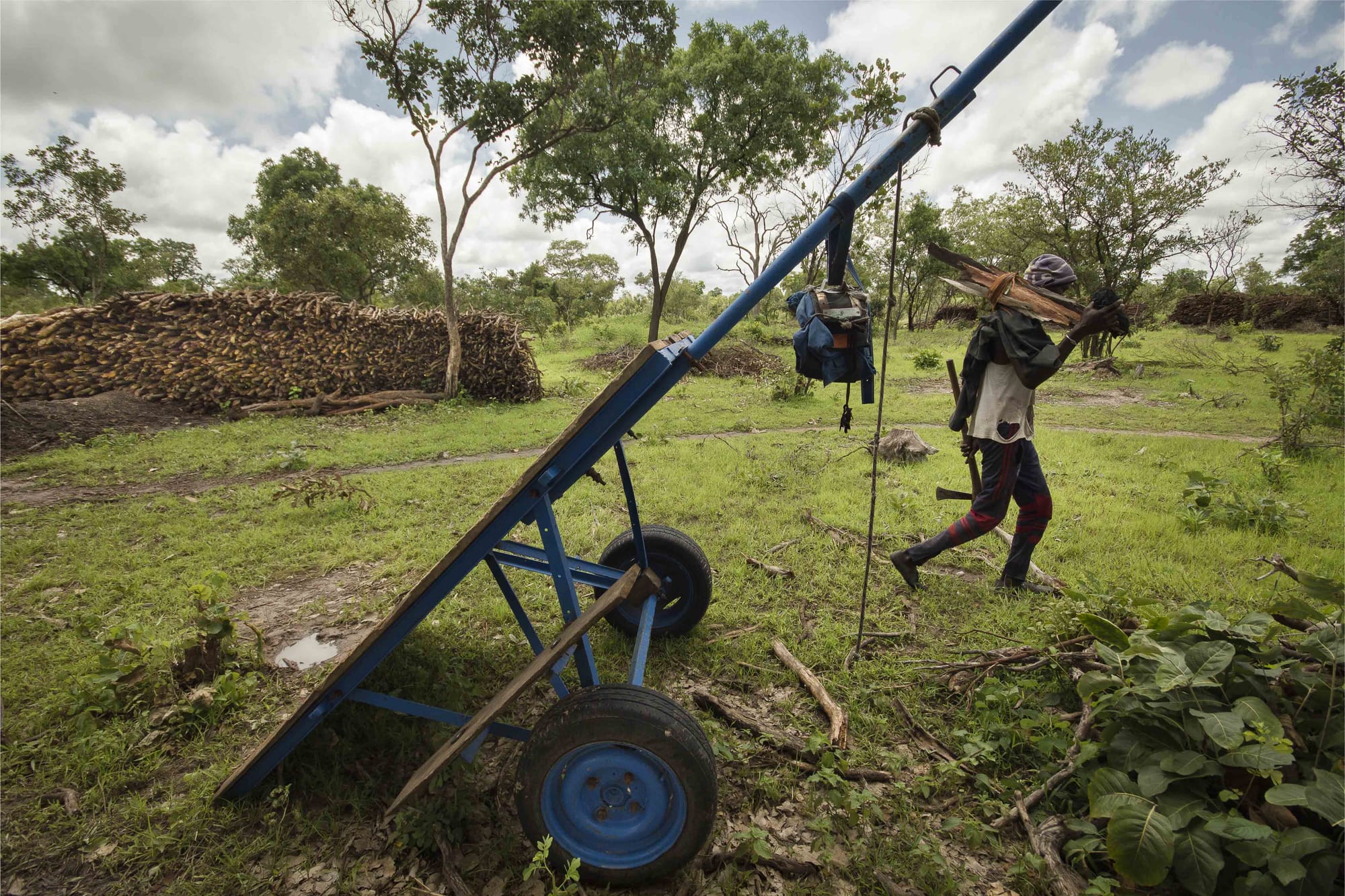
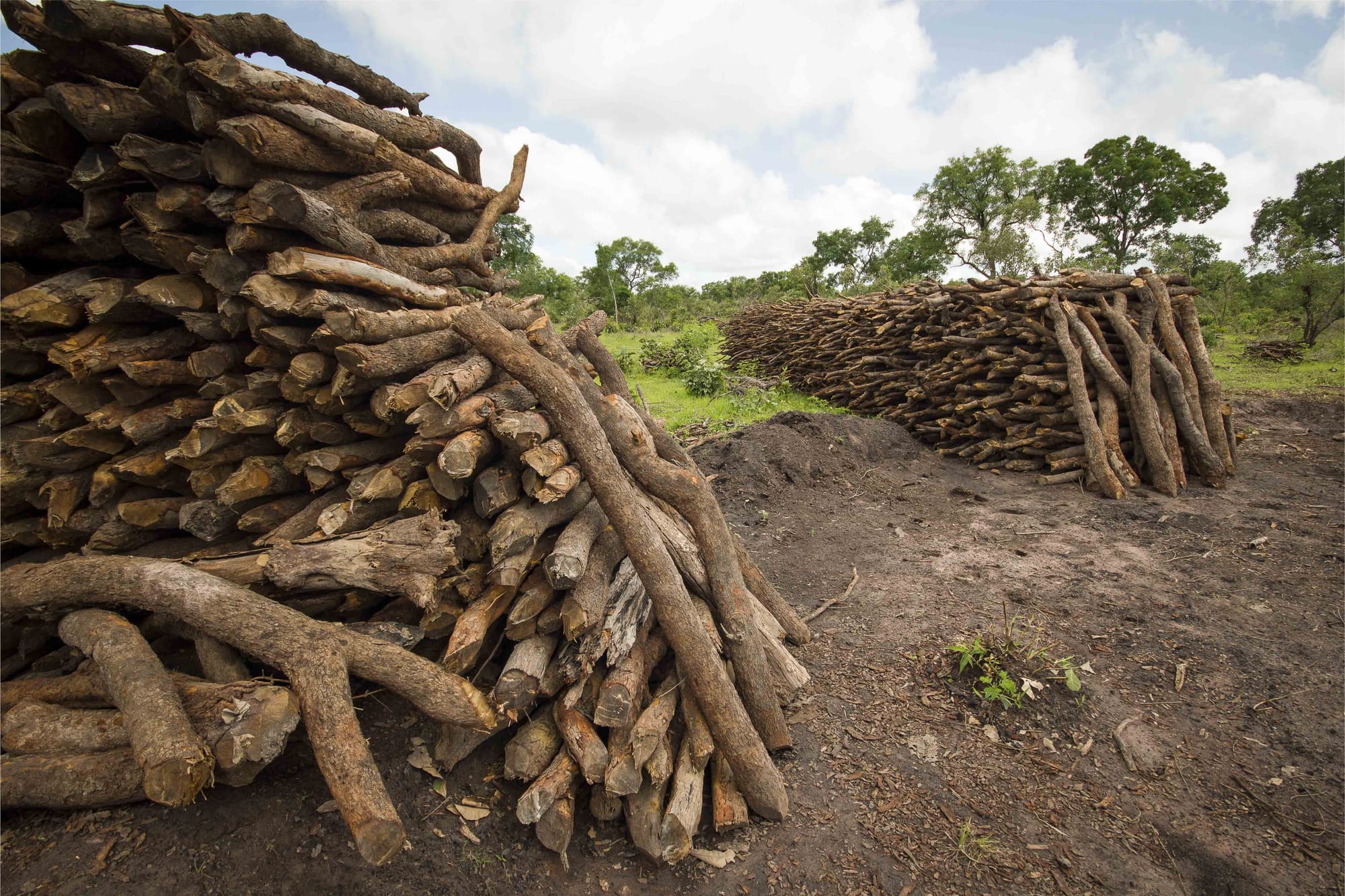
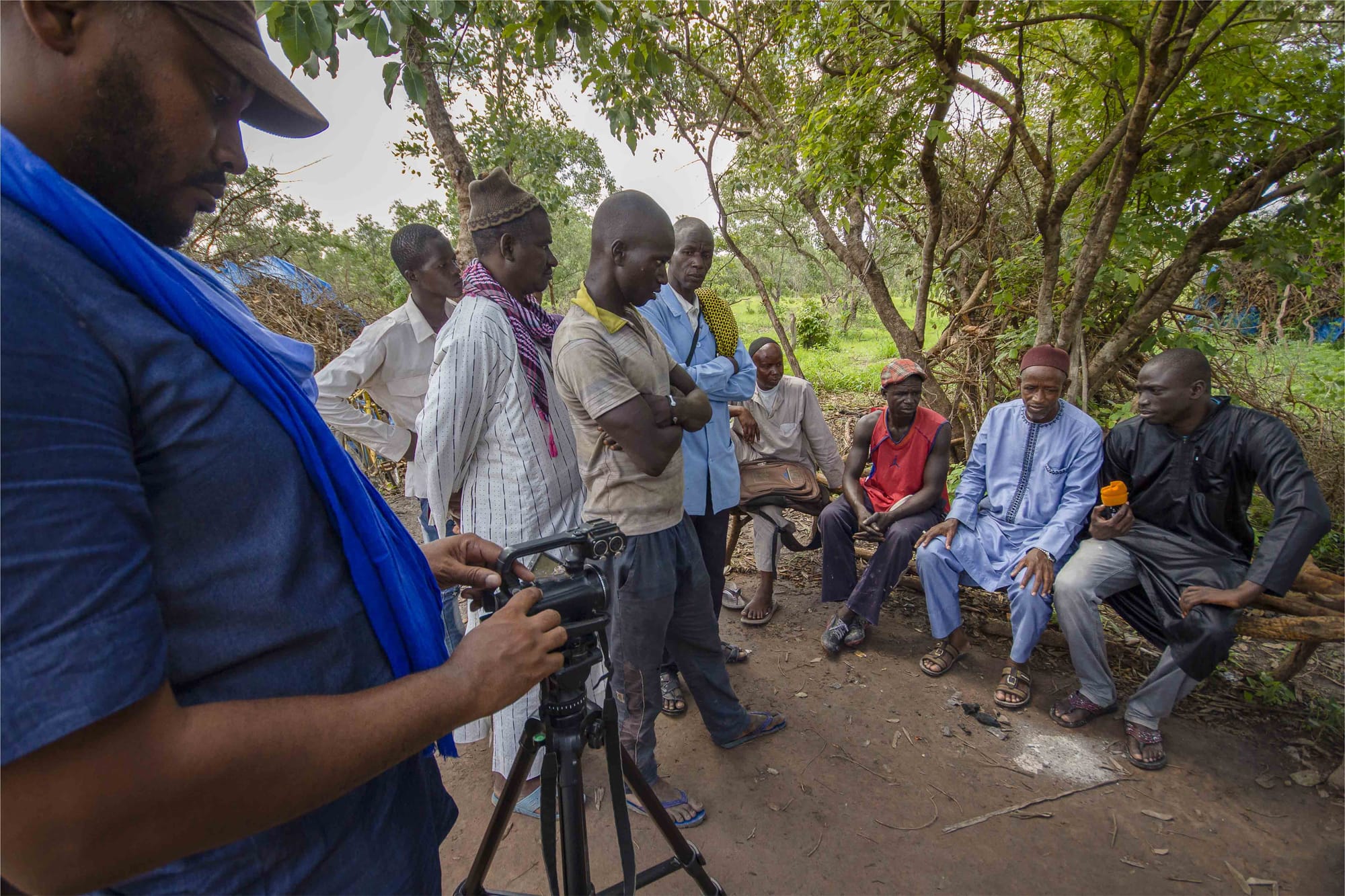
The black gold of coal
In a context of demographic transition, the demand for charcoal has exploded in recent years, leading to even more pressure on forests. Charcoal is produced by burying pieces of wood under of mound of dirt to ensure anaerobic combustion.
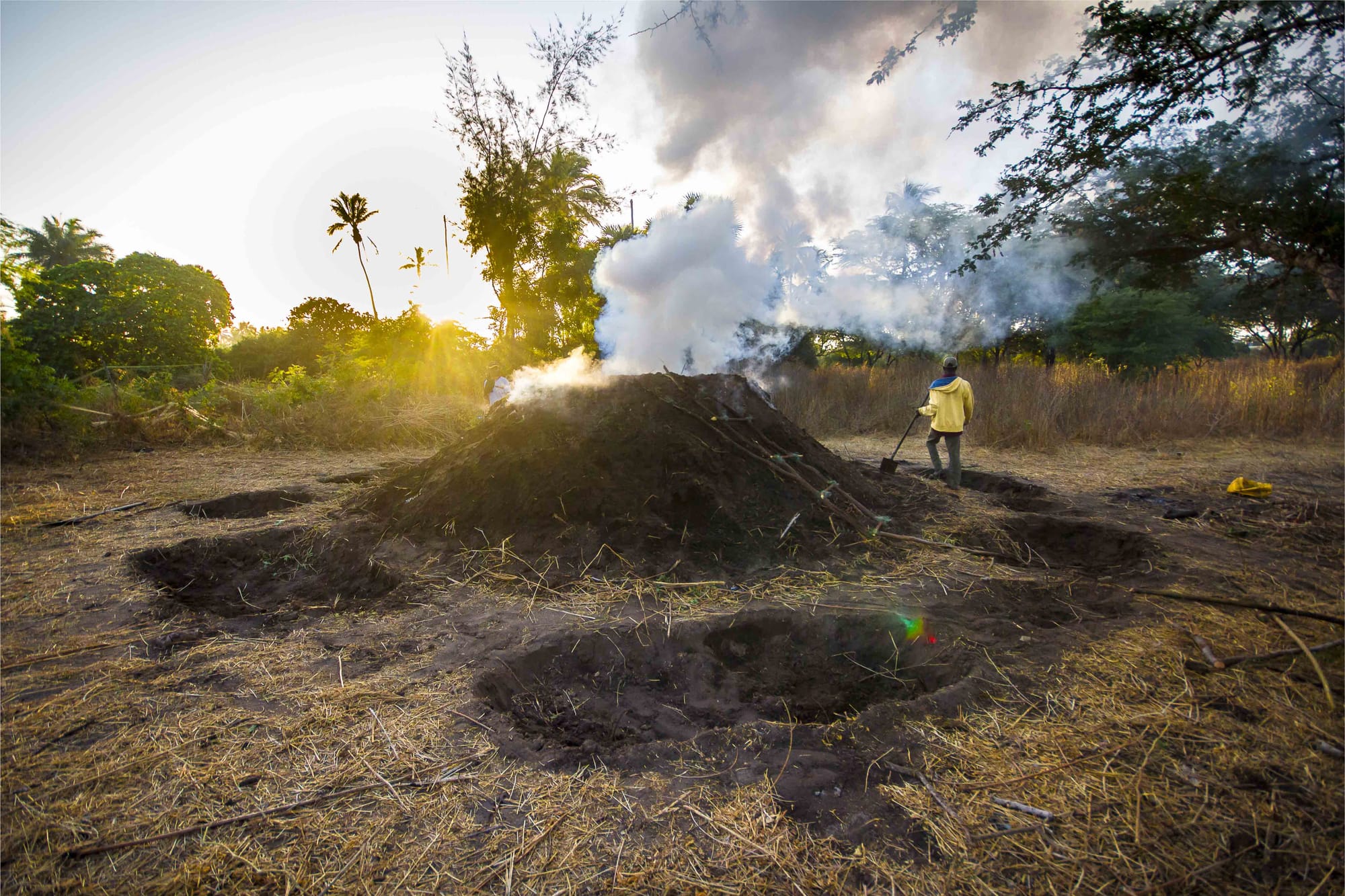
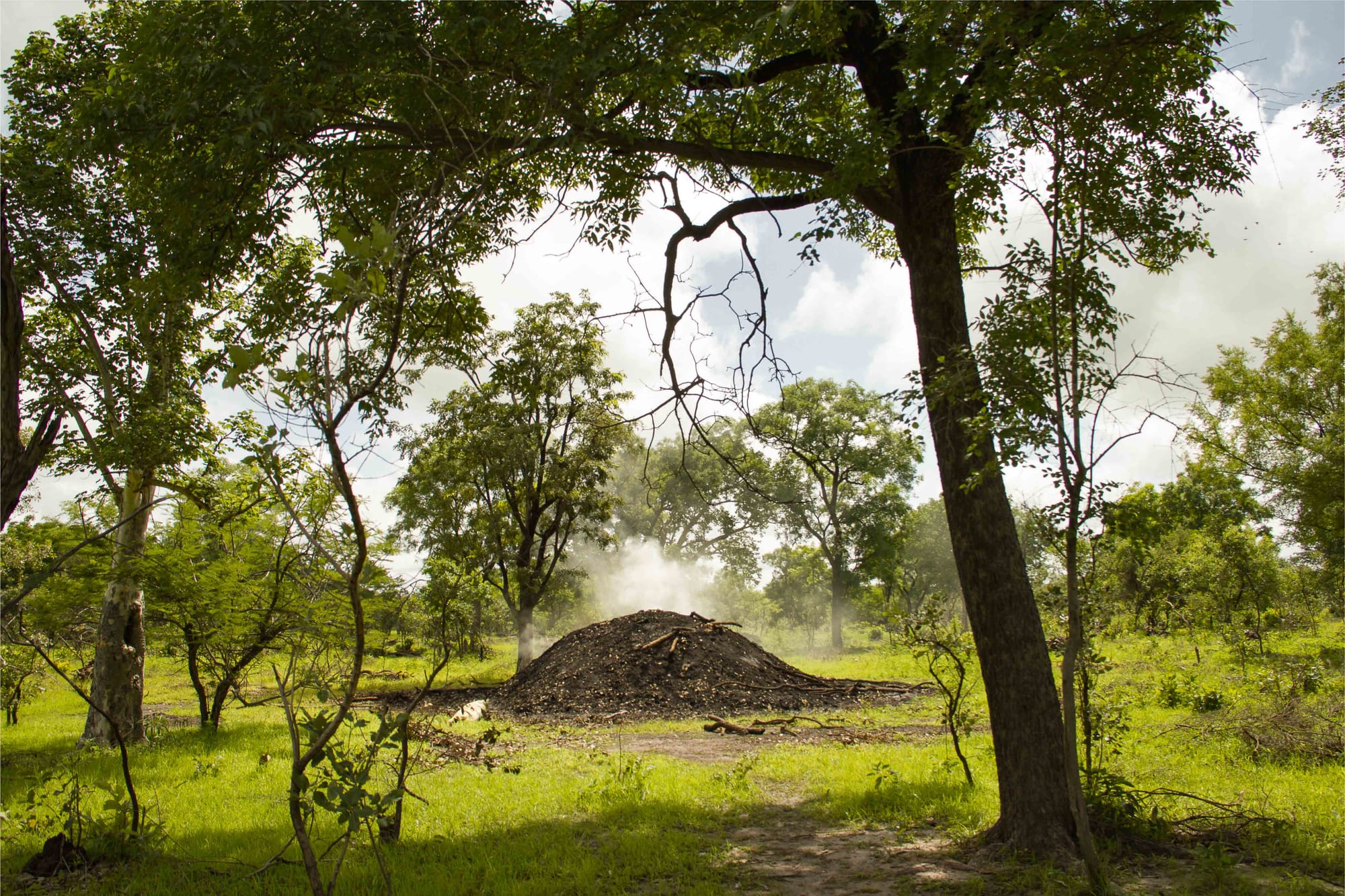
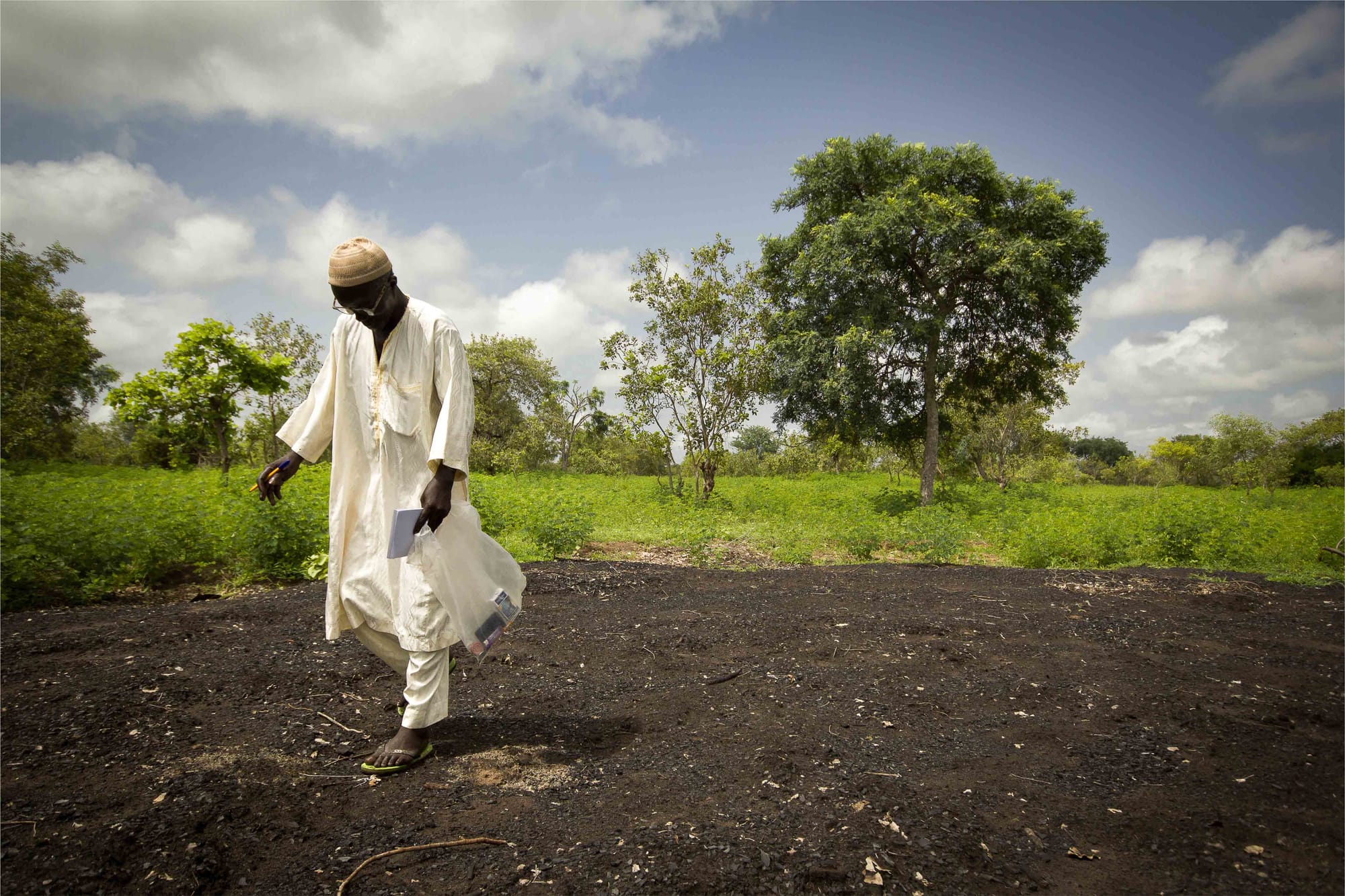
Bushfires
Every year, the populations of Velingara county (oriental Senegal) set fire to the forests to eliminate brushwood from the undergrowth and promote herbaceous biomass to feed livestock. This practice, when not properly mastered, can also kill the trees.
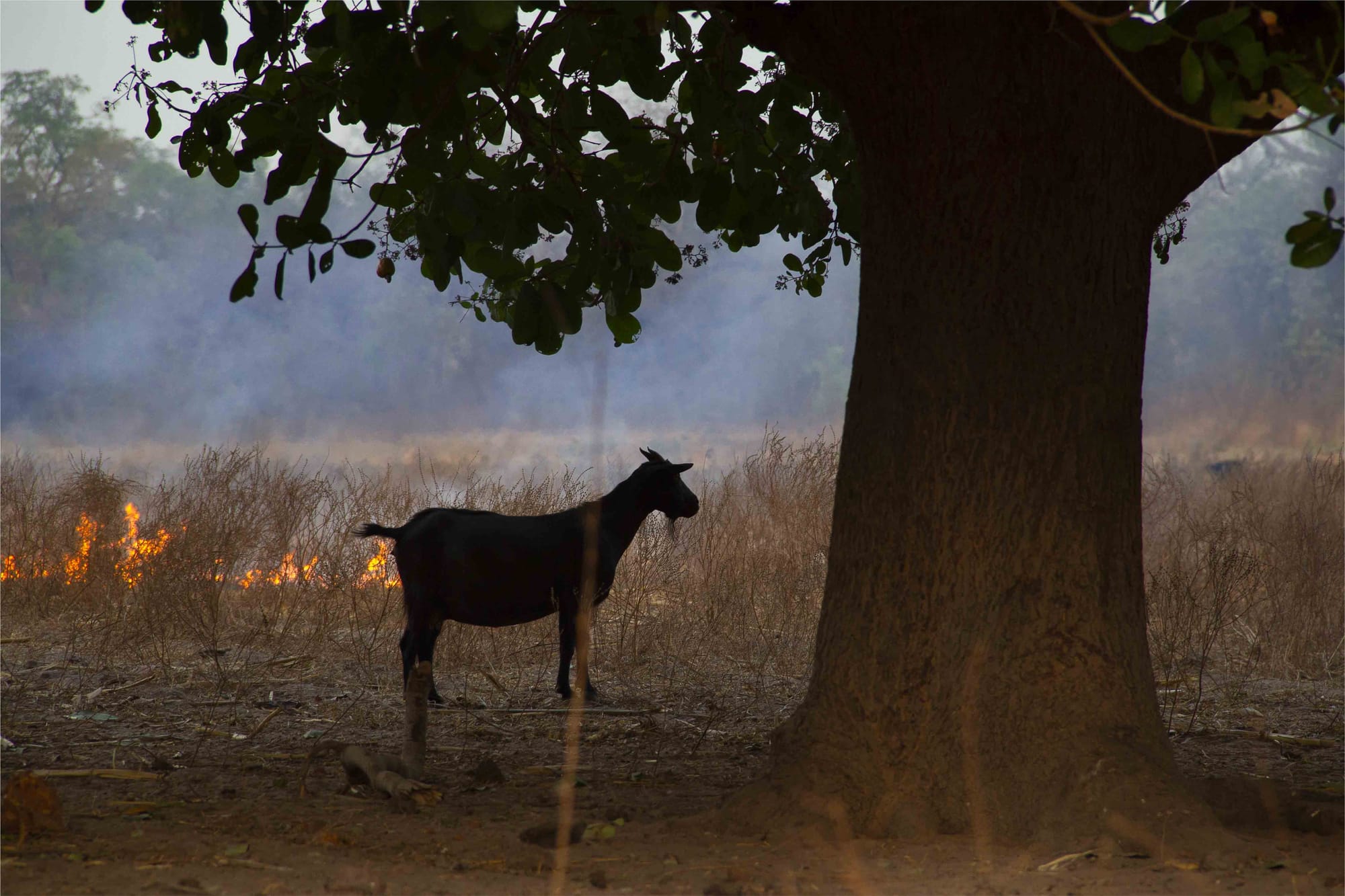
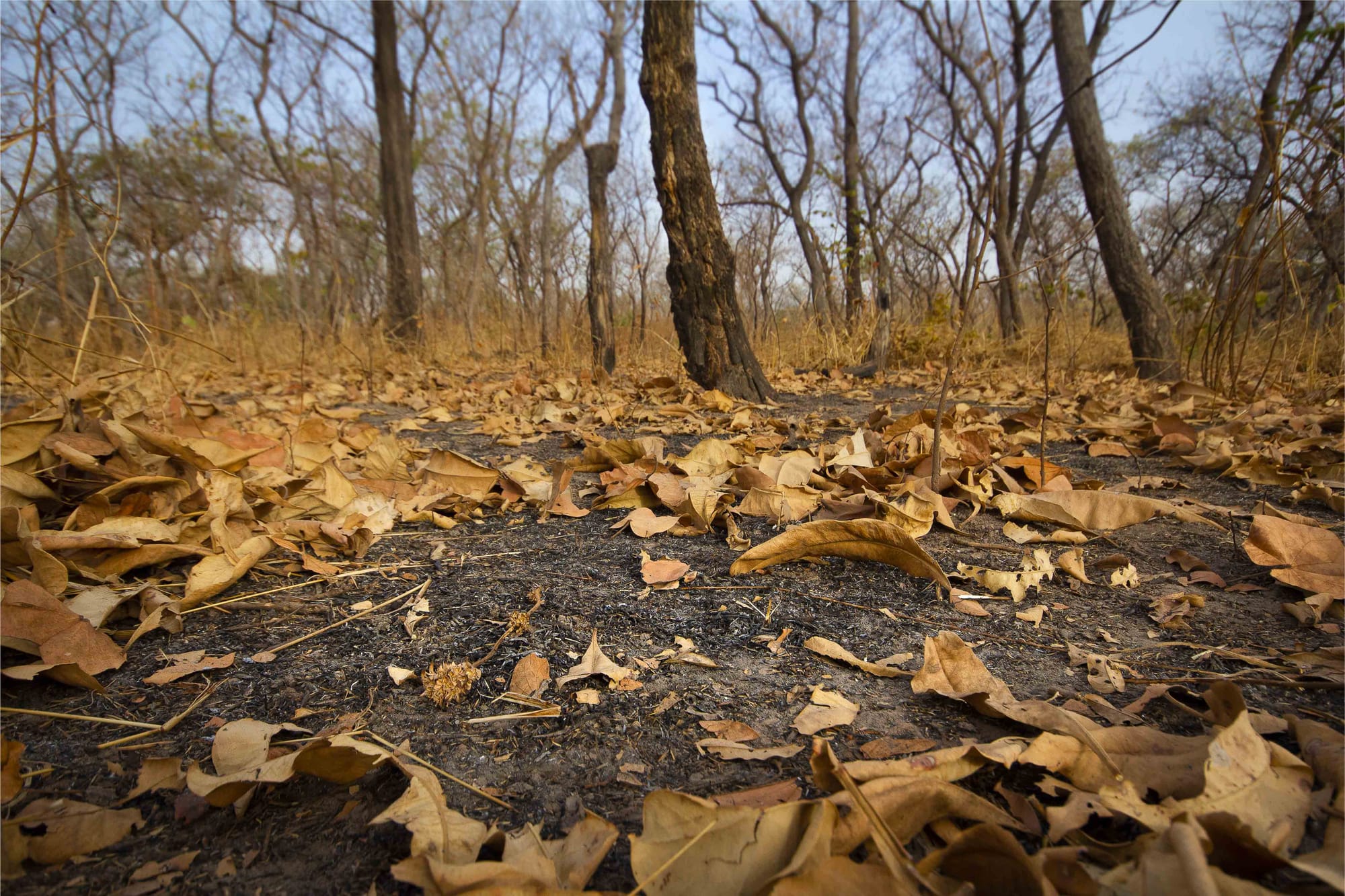
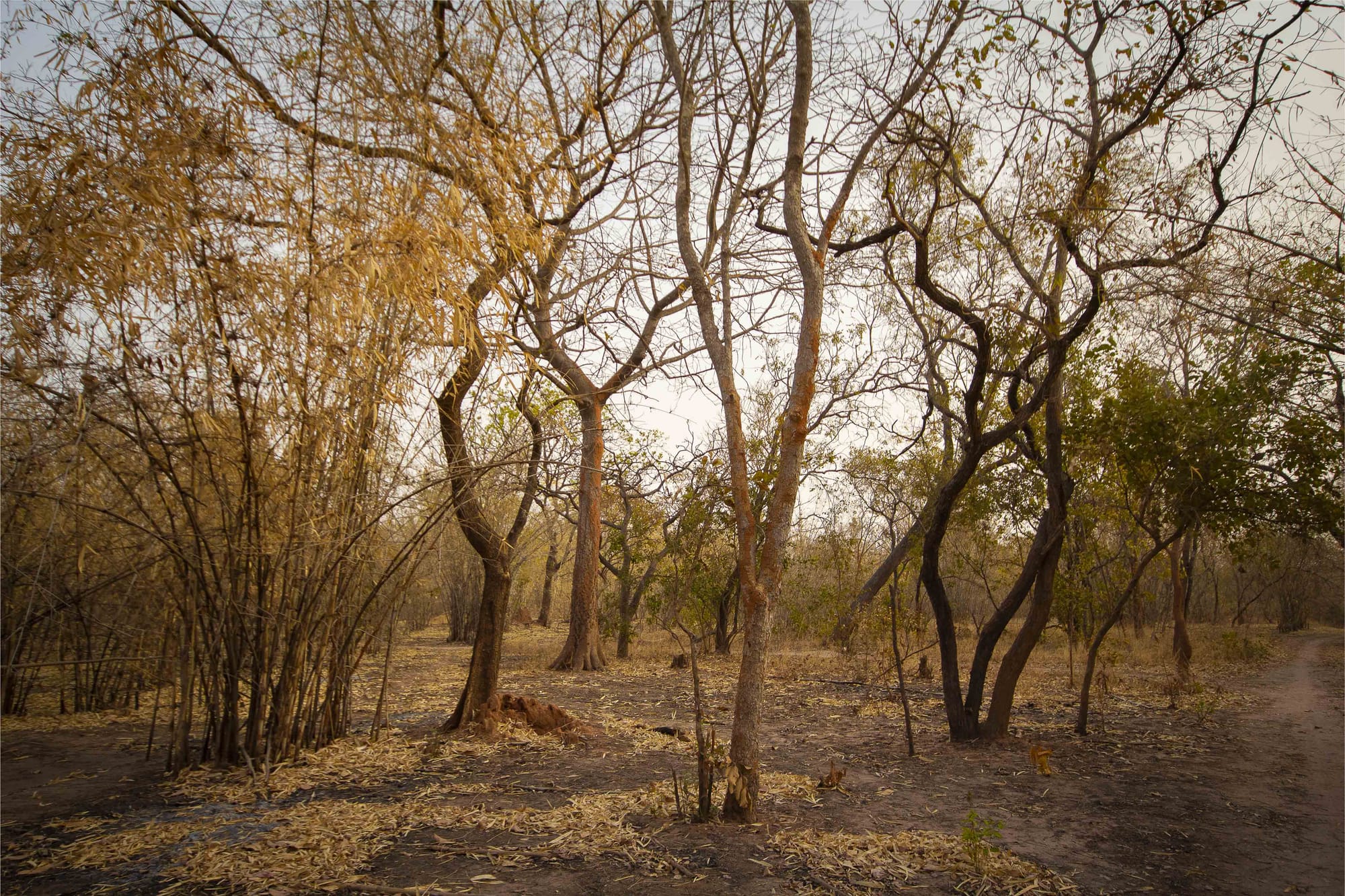
The forest guardians
Pictures below show the four leaders of the villages surrounding the community-managed forest of Djilor (central Senegal). The people living in the villages around the forest met to establish sustainable forest management rules. On the third photo, the secretary of the environmental watch committee of the Niaming/Médina Yoro Foulah forest, in south-eastern Senegal.
